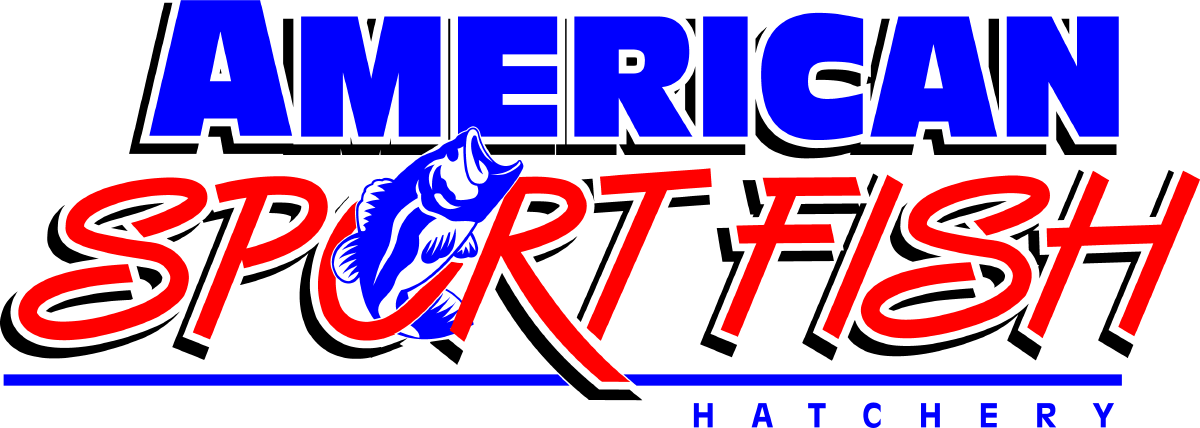Pond Management Basics with Bob Lusk
Are you thinking about building or buying a pond? Do you already have a pond and need some help managing it? Listen to these pond management basics with Bob Lusk, the Pond Boss.
Water can add to the lifestyle experience of people simply because it gives them a different venue. You know it allows them to get away from their working day world. There’s no fax machines at the edge of a pond. If you have a cell phone, it’s because you chose to. You know, I’d love to have more meetings called beside the ponds, but chances are there’s no meetings at the edge of a pond. If there are, they’re fun meetings. So what a pond allows someone to do is to escape the reality of the working day world that they focus on all the time, and allow them to refocus, to to tone down or to relax a little bit.
There is really no typical pond size which is really one of the fun things about the pond management business because every pond’s got it’s own personality. They’re not shaped the same. They’re not all the same depth, and even if you try to duplicate two ponds side by side, they never behave the same. They act differently.
Pond management is when a caring landowner decides to become a better steward of their pond. If someone’s new to the world of pond and water, the very first advice I would give them is to write down every goal they wish to accomplish. If they know their objectives, they can focus in on the land that they want to buy. If they want to build a pond or if they want to take an existing pond, if they know what their goals are, they’re more likely to hit the target.
Then, it’s due diligence. Take your time. Don’t be in a hurry. If someone takes a pond that should be a duck pond, and they try to make it a Bass pond, they’re going to be frustrated. But if they take a duck pond, and make it a better duck pond, they’re going to be greatly rewarded. So, I think if people can take the time to figure out what it is they have, compared to what it is they want, pond management’s not that that complicated.
It’s here it is, pond management is 10% the four principles of habitat, food chain, genetics, and harvests, all married together. As long as people understand that those four concepts come together, and they become stewards and understand those concepts, pond management is really really rewarding. It can be just as simple as going down to fill the feeder up once a month, and then step back and enjoy the way that your fish are growing, and then take that little two year-old grandson and catch a Bluegill that’s about this big.
I’m going to tell you that pond management is 10% science and 90% art, and that’s the way it works. I can’t tell you how many times somebody will call me and want to buy a hundred catfish fingerlings, and stock the pond and then what do I feed them? Last time I fed them bread. Well, I tell them, you know, to feed fish food. Feed a floating fish food. I like Purina’s products. That’s my choice. I like AquaMax and I like Game Fish Chow, those are my feeds, and the reason I like them is because a fish needs its own unique nutrition compared to other animals.
When you’re stocking and managing a pond, it’s appropriate to stock the right forage fish for the right predator fish. In other words, some fish eat each other. So you want that maybe to be the crux of the way the food chain works, but you can really enhance it by supplementally feeding. You can add some nutrition to the pond in the form of floating fish food which is what I like to do. And here’s where it really gets to be common sense biology here. It takes about two pounds of feed to put one pound on fish. So if we’re trying to grow Bluegill for example, it takes about 10 pounds of Bluegill for a Bass to gain one pound. So if we’re feeding two pounds of fish food to Bluegill to grow one pound of Bluegill that’s as efficient as you can get.
In Texas alone there’s almost one million ponds. The estimates are, there’s got to be close to 4 million bodies of water just in the United States. People just love water, and consequently when they get a few dollars ahead they like to go buy a piece of land, good investment, and when water is on it, it’s just it drives a driving force. People love the animals that come to the water. They like the plants and animals that live in the waters. They like fish. You know, they like the vegetation. They like the sound of the wind blowing through the trees and the waves. Water is just a soothing soothing substance for people. Passion drives people. There’s nothing more rewarding then to go out and do what you love to do.
